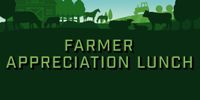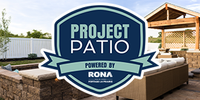The Canadian Roundtable for Sustainable Beef (CRSB) is launching the Certified Sustainable Beef Framework Thursday in Edmonton.
Chair of the Roundtable Cherie Copthorne-Barnes says the Framework is the first of it's kind in the world.
"What we've done is create the Framework that other programs that already exist out there can fill into. We've created the indicators that are going to be necessary for producers and processors to be able to align with in order to call their product sustainable."
CRSB is a collaborative group of members who have come together to help define what sustainable beef looks like in Canada, says Copthorne-Barnes.
"We are made up of all portions of the beef value chain, basically from producers, processors, industry organizations, we have environmental and conservation groups with us, and we also have retail and food service partners, and ag business partners as well."
Copthorne-Barnes says the definition of sustainable, which has been passed onto the CRSB by the Global Roundtable for Sustainable Beef, is being economically sound, environmentally stable, and socially responsible.
"The principles are the main things the indicators (of the Framework) are built under. Those are areas of natural resources, people in the community, animal health and welfare, and innovation and technology."
Copthorne-Barnes says producers need to be taking a look at the programs they're already on.
"VBP+ will be a very strong candidate. They have been working very closely with us, and so therefore, anyone who is on VBP+, will be able to use the sustainability claim."
She says, there's other programs they're working with right now, to see how they align with the equivalency.
"The idea is to have the programs not duplicate efforts, but really engage other programs and bring them together, and streamline a lot of what producers are up to, so that we can enhance efforts, and deliver that to consumers."
She says the program has been in the works for over two years, which is pretty quick compared to other organizations on the international stage.
"In Brazil, or the Rain Forest Alliances, those types of organizations take upwards of 10 years to do what we've done in two. A lot of it's because of who's at the table. We've learned that we need to have everyone at the table and get that collaborative efffort at the table."
The launch will be focused on producers and certification bodies, as a supply of sustainable beef will need to be built before launching it to consumers.











